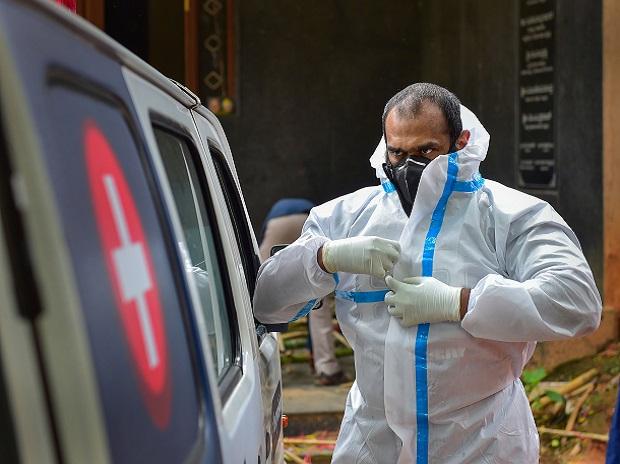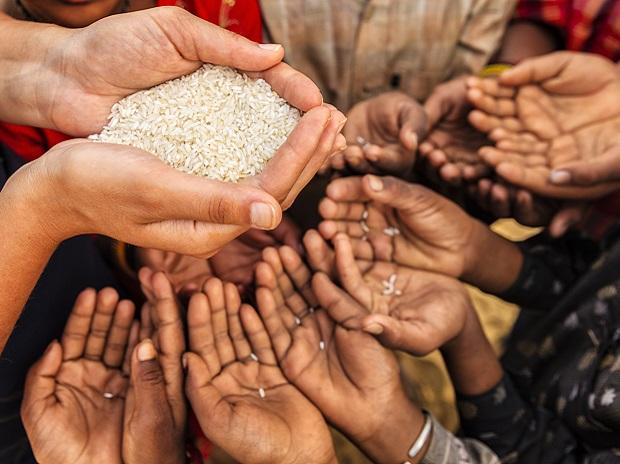SUV may determine how much heft Nissan will wield as it and
alliance partner Renault SA thrash out their respective roles in the Indian
market.
By any measure, Nissan
Motor Co Ltd has had a dreadful run in India. A push to revive its
lower-end Datsun brand flopped, sales have slumped 60% over the past five years
and its sole plant in the country is operating way below capacity.
But the amount of money and energy that Nissan - battered by scandal and
expecting a record $4.5 billion annual operating loss - will spend to turn its
fortunes around in India will hinge on the sales of one vehicle, its new
Magnite compact SUV, three sources with knowledge of the matter told Reuters.
The SUV
may also determine how much heft Nissan will wield as it and alliance partner
Renault SA thrash out their respective roles in the Indian market.
Unveiled this
month and due to be launched either late this year or early 2021, the Magnite
will be Nissan's first new vehicle in India in two years. Moreover, it will be
just one of three Nissan-branded models in the market after two others were
pulled in April when tougher emission rules kicked in.
"Magnite will
buy Nissan a couple of years to figure out a plan for India and the SUV's
success will determine whether it invests more or scales down operations,"
said one source.
A second source
called the sport-utility vehicle Nissan's "last hope" to revive the
brand in India.
Japan's No. 2
automaker has, however, no plans to withdraw from India, where it has invested
over $800 million, and discussions about strategy are ongoing, the sources
said. They were not authorised to speak to media and declined to be identified.
























